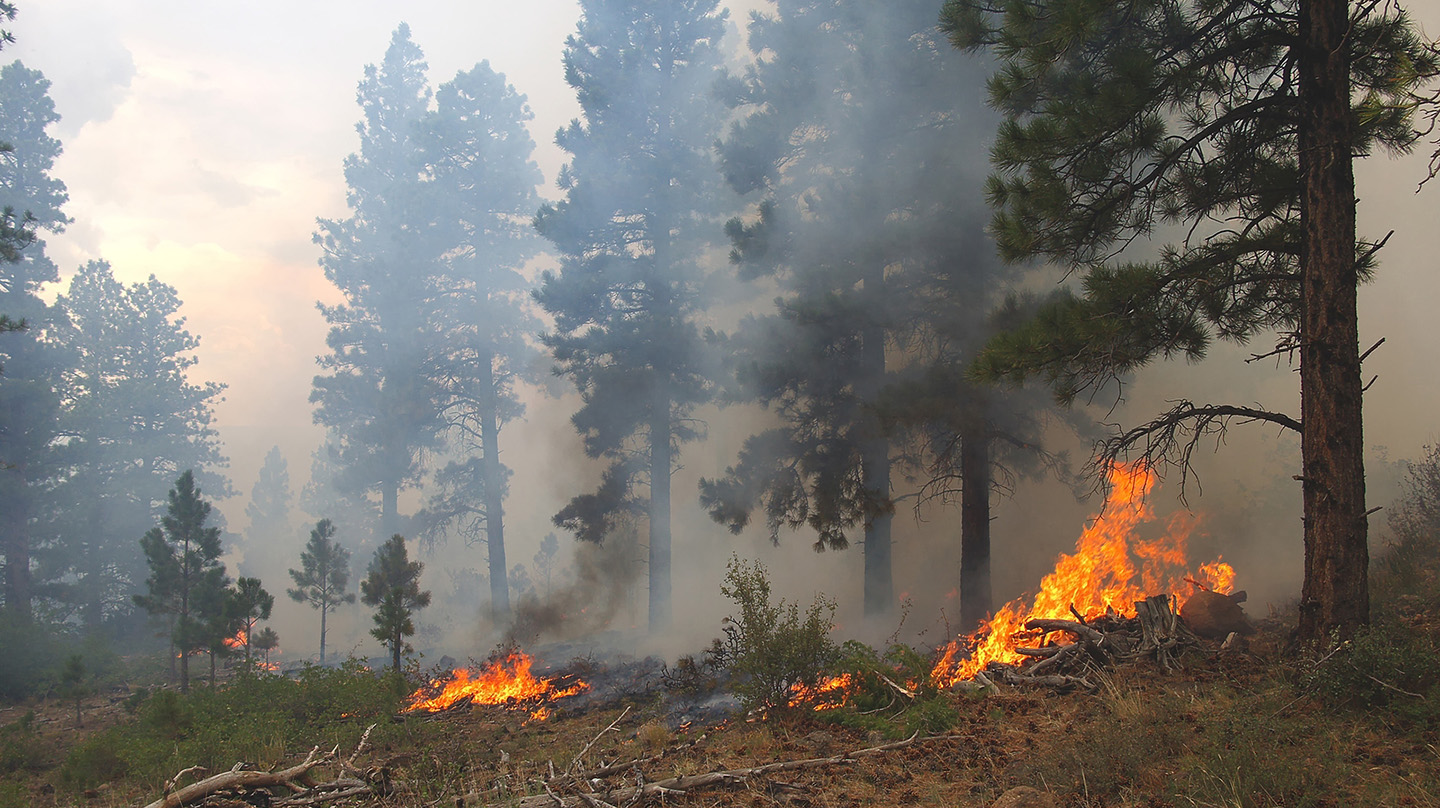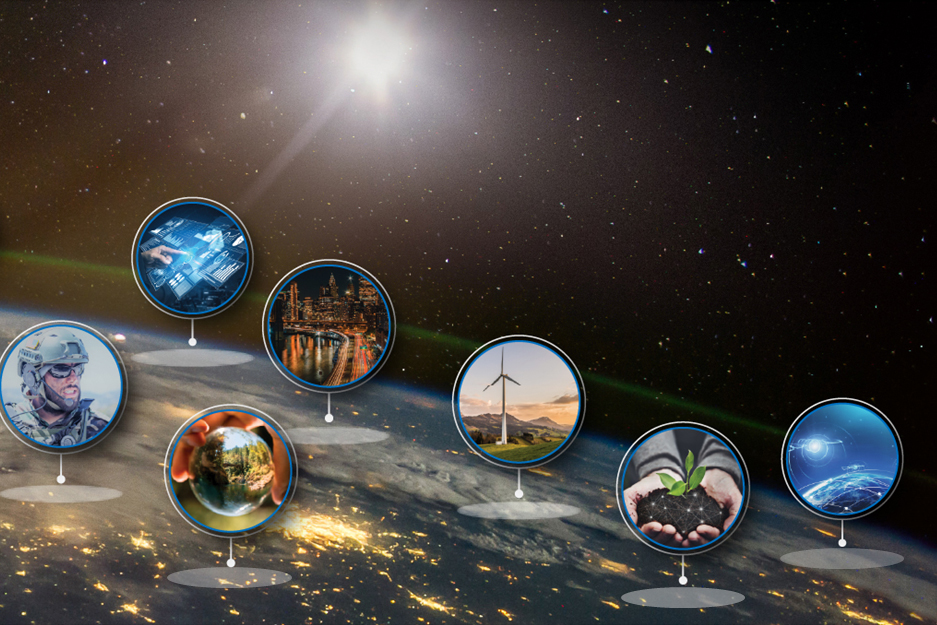
Operational Resilience
Addressing the national security and operational challenges in a changing world
Focus Areas
Our Impact
APL is bringing all of its core competencies to bear on this critical challenge area, assembling top experts from a variety of scientific fields and partners to explore strategic opportunities to protect our operations in a changing world.
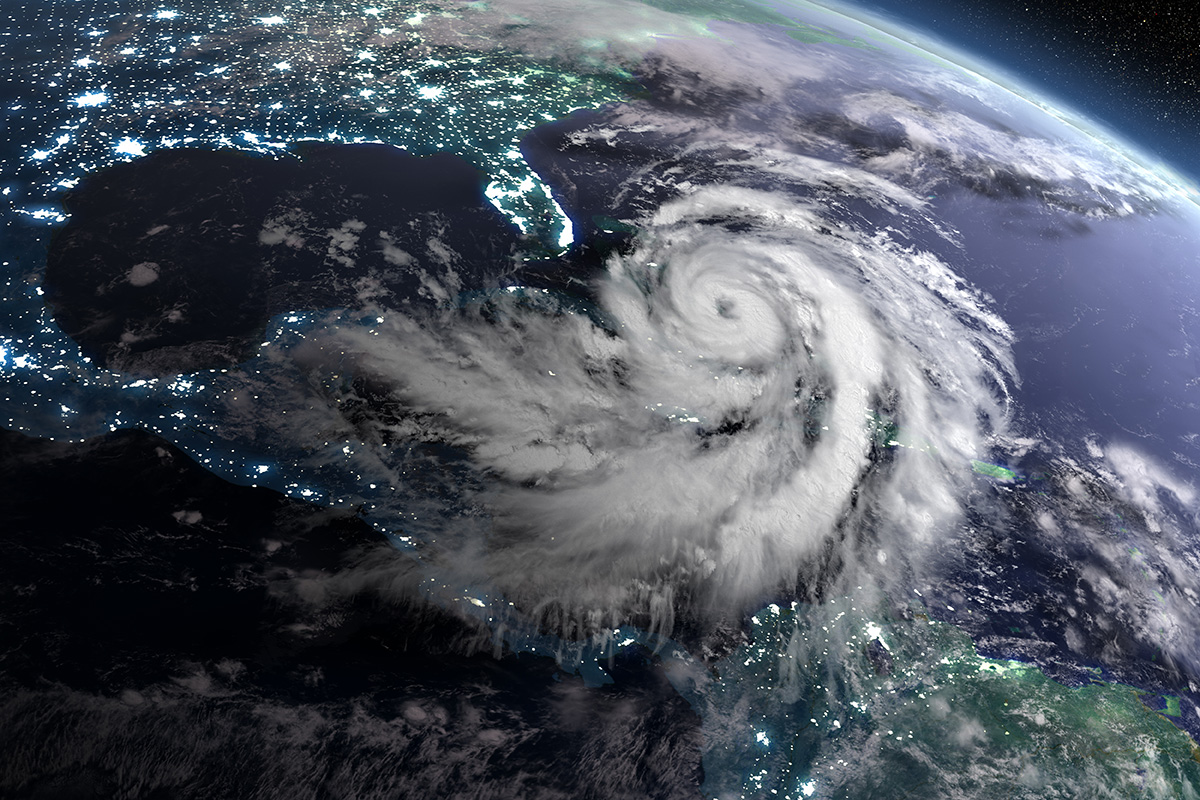
Strategic Forecasting
Identifying threats, enabling informed planning, and developing early warning systems

Adaptive Capabilities
Adapting and maintaining a resilient force that meets the coming demand and scope for military operations
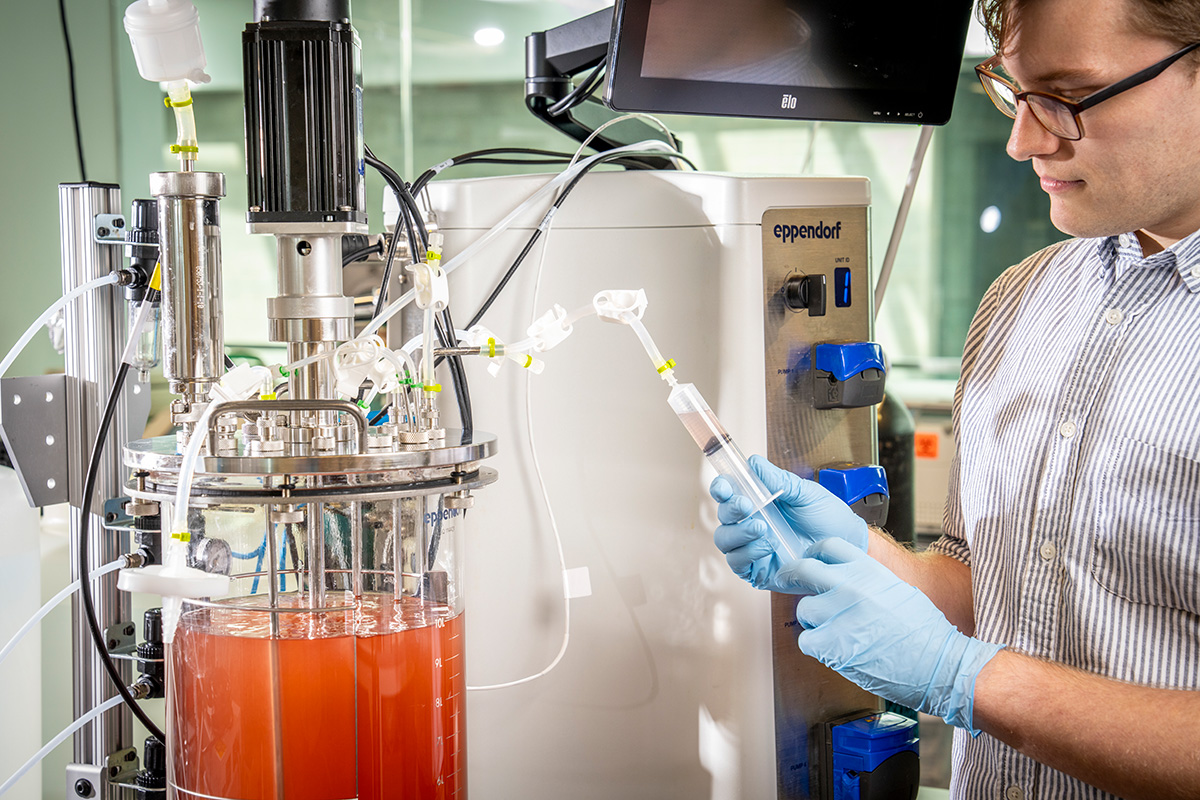
Mission Systems
Anticipating and enabling self-sustaining operations in future missions and environments
Meet Our Experts

Andrew Merkle Department Head, Research and Exploratory Development
Learn more about Andrew C. Merkle
Bobby Armiger Managing Executive, Research and Exploratory Development
Learn more about Bobby Armiger
Jeffrey Maranchi Exploration Program Area Manager
Learn more about Jeffrey MaranchiFor media inquiries, please contact the APL Public Affairs office.
Event Highlights
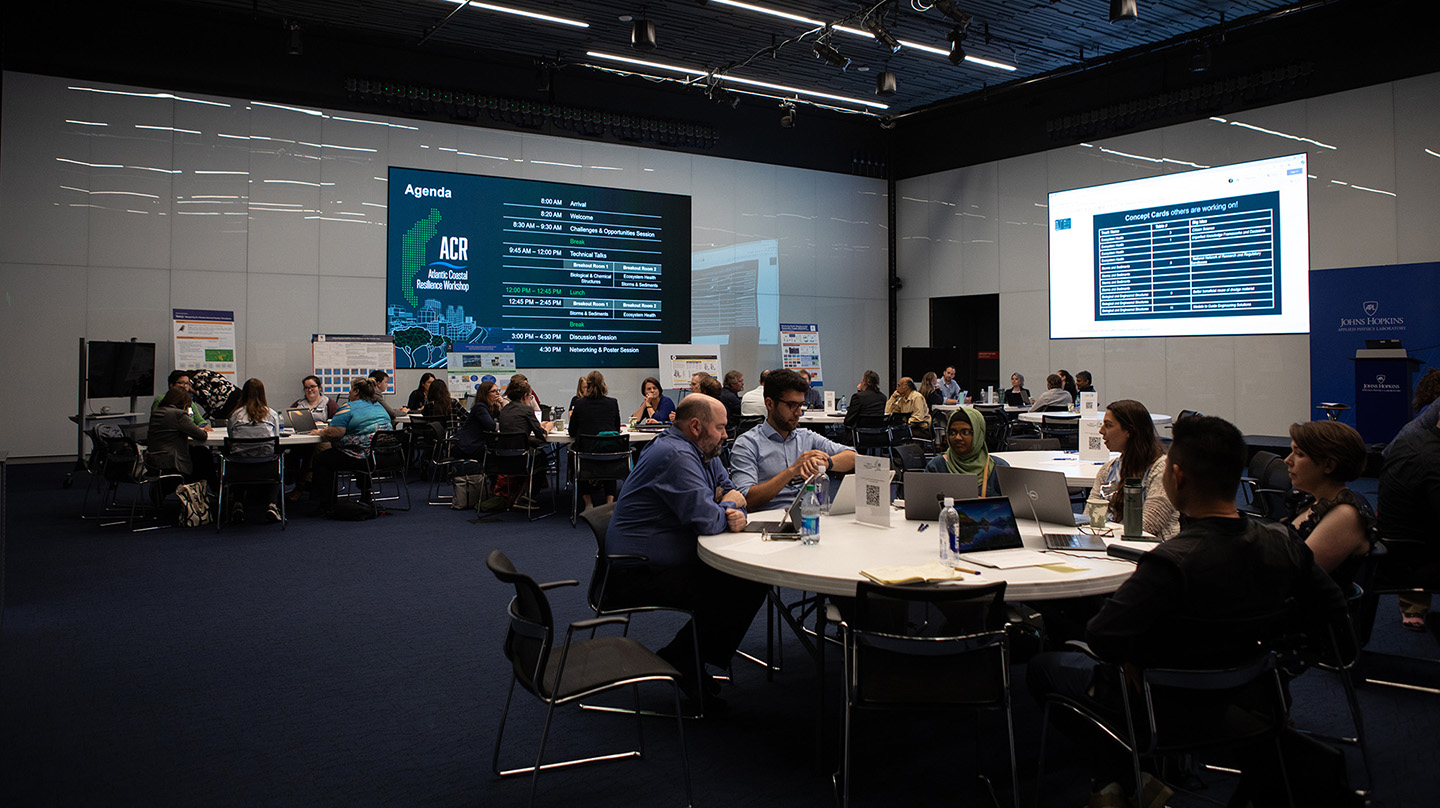
2024 Atlantic Coastal Resilience Workshop Event Recap
In May 2024, APL hosted the Atlantic Coastal Resilience Workshop, bringing together close to 100 members of academia, industry, government, and nonprofits to forge a path forward in strategic development of coastal resilience in the Atlantic region.
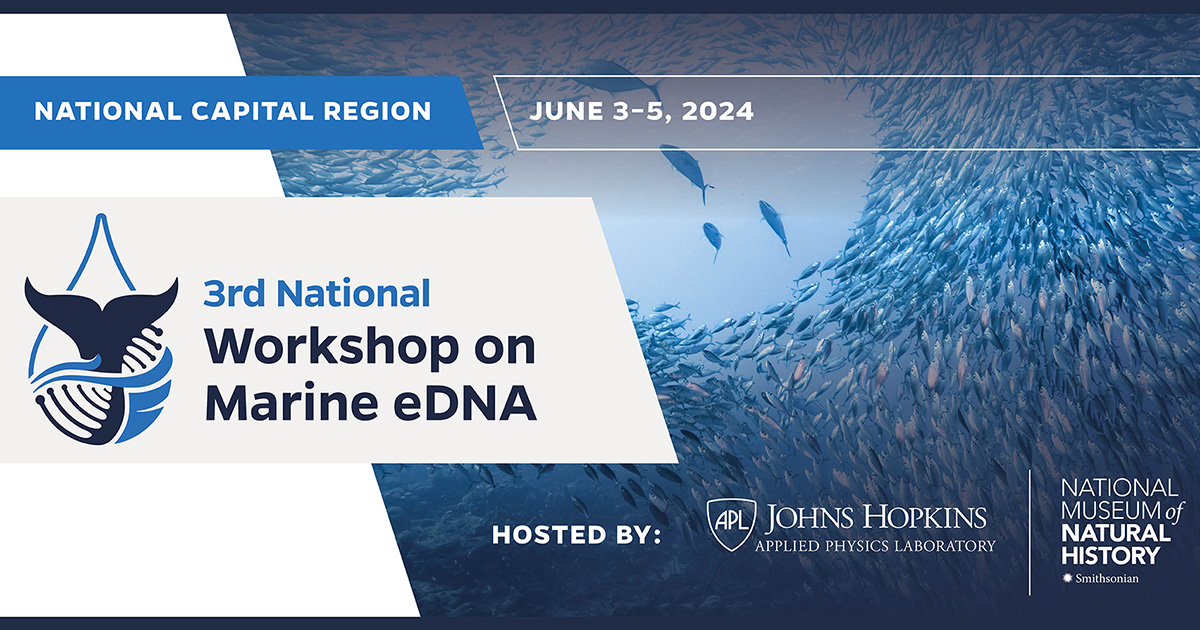
Third National Workshop on Environmental DNA
Hosted by APL and the Smithsonian’s National Museum of Natural History, the 3rd National Workshop on Environmental DNA served as a mechanism to bring together researchers, practitioners, and policymakers to discuss eDNA technologies, newly released national strategies, and implementation priorities.
Related News
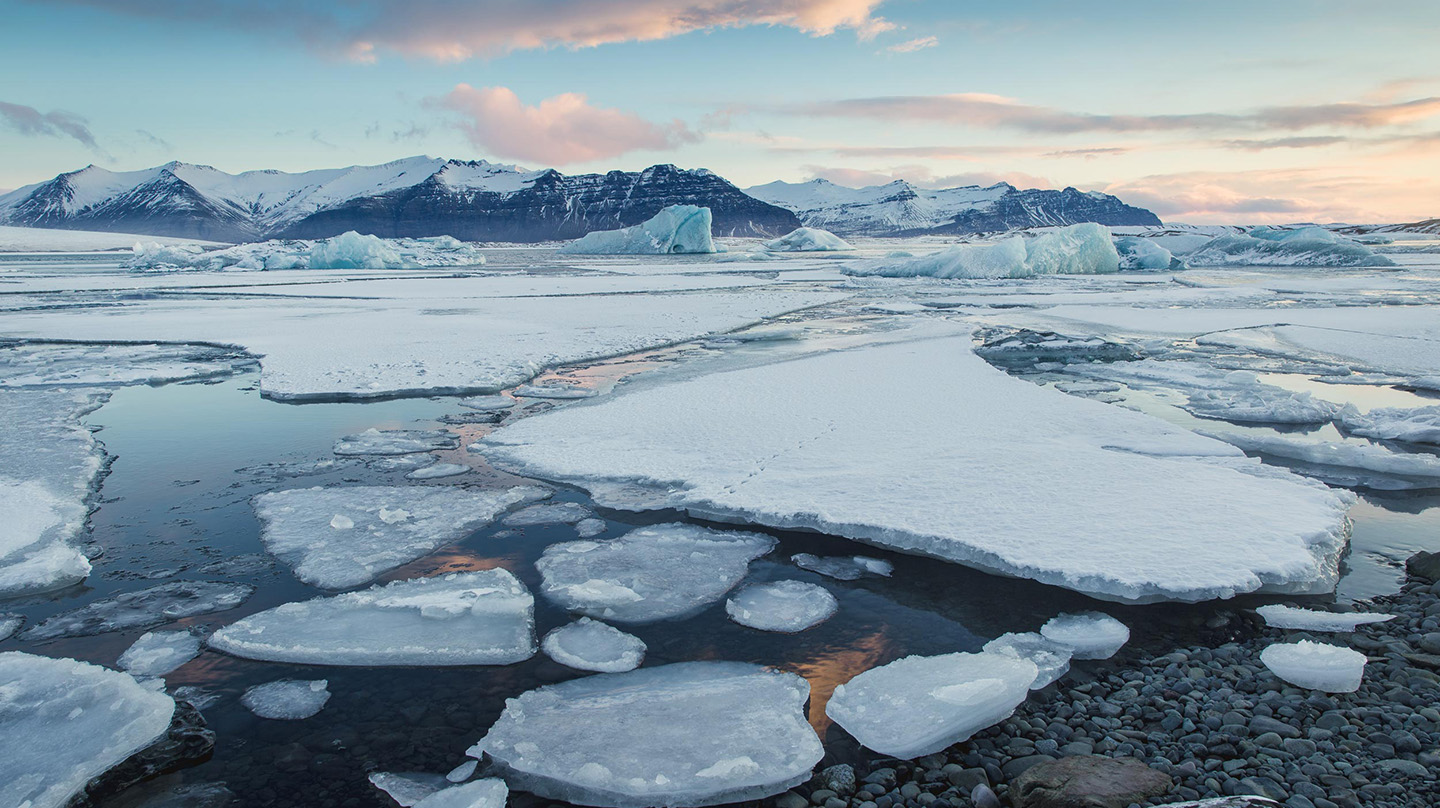
Into Vanishing Ice May 21, 2024

Johns Hopkins APL Reaches Highest Mark for Intellectual Property Disclosures Jan 6, 2025
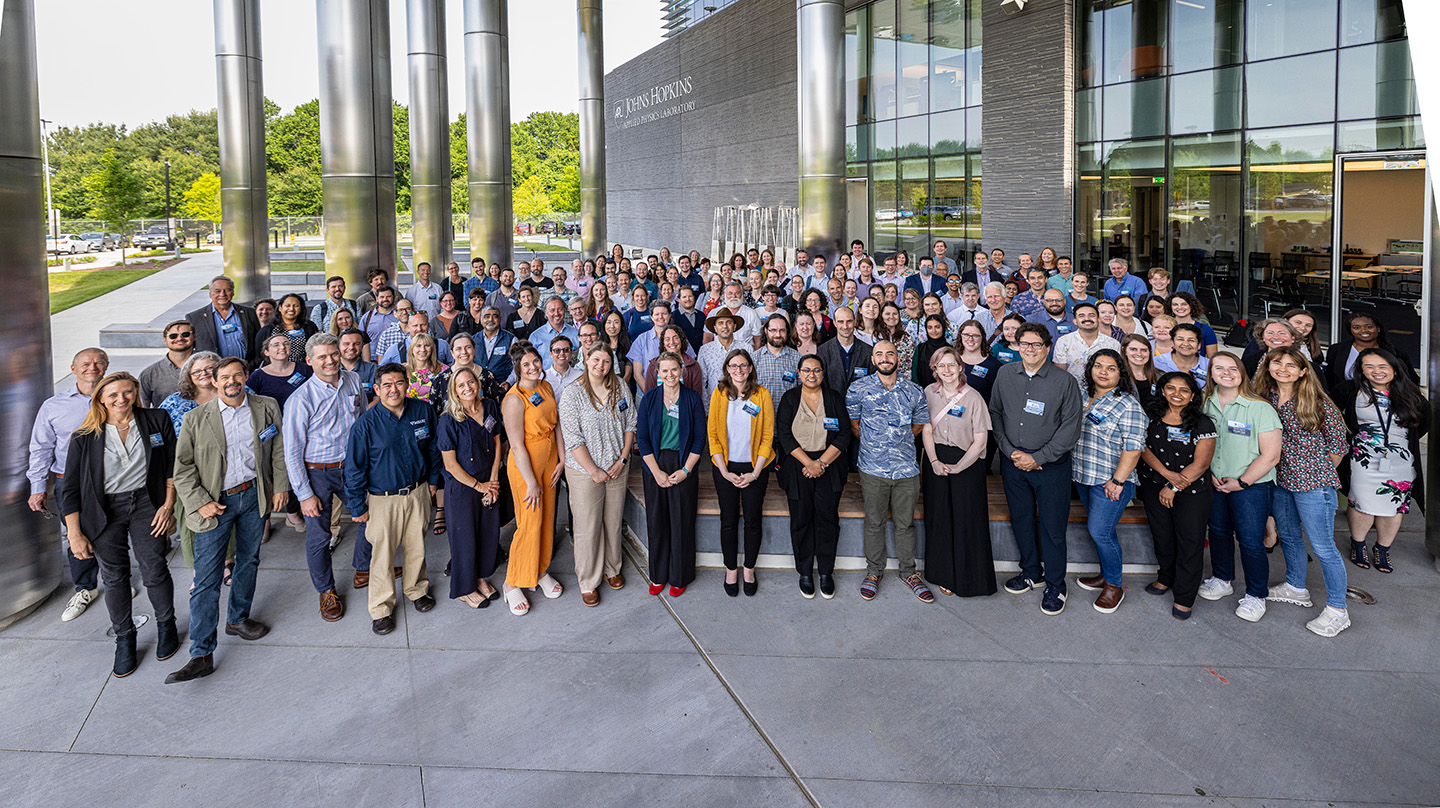
Unveiling the Nation’s Bold Strategy to Advance Environmental DNA: Key Workshop Takeaways Jul 25, 2024
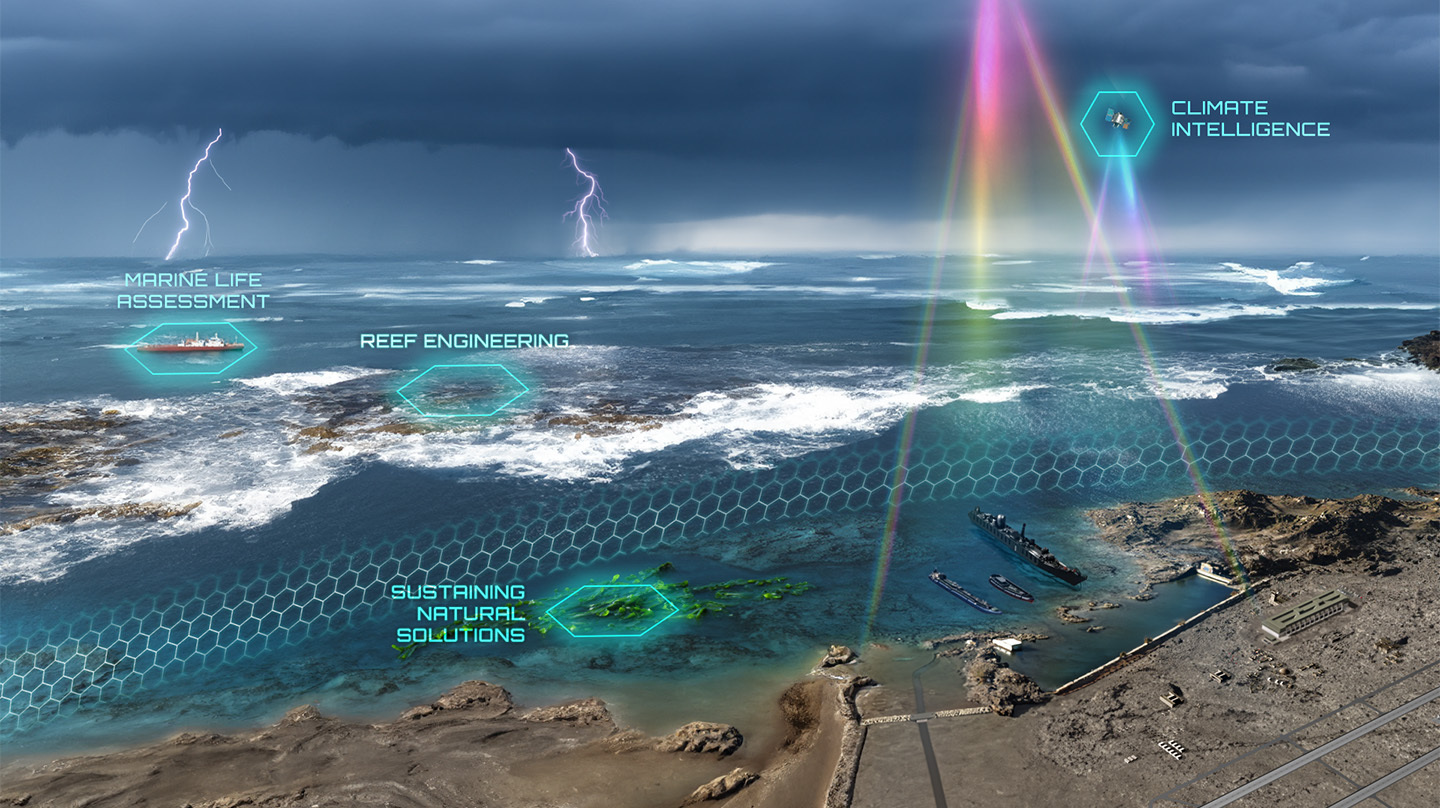
Johns Hopkins APL Developing a Suite of Solutions to Address Coastal Challenges Apr 25, 2024
